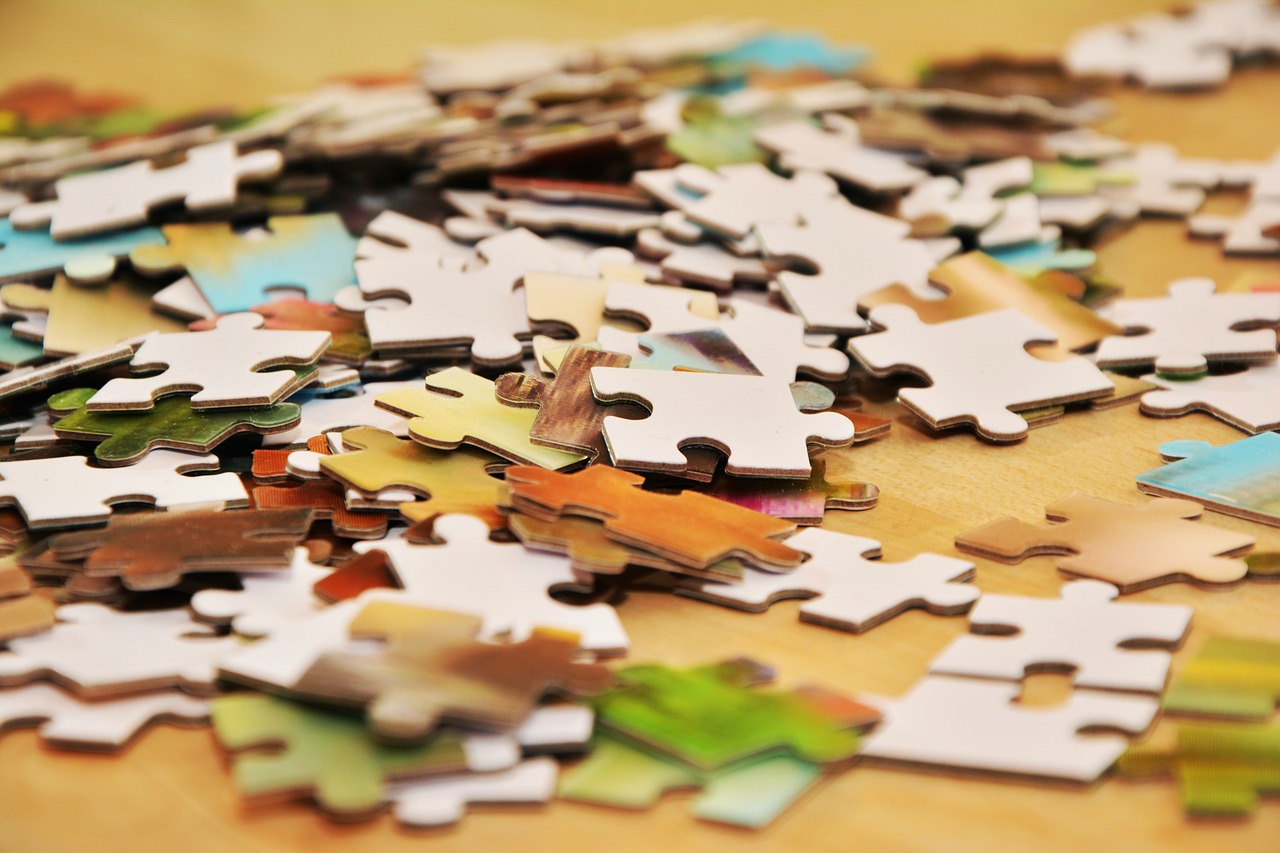If you though the therapeutic effect of crossword, and jigsaw puzzles was all in your head, you’re absolutely right. Carefully strategizing the answer to 35 across or lining up your edge pieces is like calisthenics for your brain, and something you should be doing more often. Working on a puzzle reduces stress in a way that hours spent watching mindless television can’t do, and according to researchers may also improve your long term cognitive health. Need a lift? Instead of looking for the remote, give your brain a good workout instead.
The Happiness Effect
The feeling you get when you’ve found that missing piece is the mood enhancing chemical dopamine. It makes you feel accomplished, and good about yourself, so if you’ve just completed a 1,000 piece masterpiece, your brain is likely running on all of its feel good cylinders. If you’re looking to spice up your social life, puzzles make for a fun group activity to do with family, and friends, so why not reschedule your next poker game, and brainstorm over a puzzle instead?
Improve Memory
Solving a crossword is a memory boosting mind game. In a study published by the Journal of the International Neuropsychological Society, a group of older adults with dementia were found to have a 2.54 year delay in memory loss after participating in crossword puzzles compared with non-participants. Crosswords in particular link our brains to past, and current events and help us rekindle old memories. In an age of keyboarding, and texting, crosswords also do double duty as old fashioned spelling bees.
Stay Flexible
While working on a puzzle won’t help you in your yoga class, it can help improve the flexibility of your brain. Learning a skill, or experiencing something new has been shown to encourage brain cell regeneration scientifically known as neurogenesis. In a peer reviewed journal article by the U.S. National Library of Medicine National Institutes of Health, stimulating the mind with new activities helps to produce new cells, and increases brain activity. Instead of sticking with the same routine, up your game, and increase the challenge, your brain will thank you.
1. Use it or lose it: How neurogenesis keeps the brain fit for learning
Shors, T., Anderson, L., Curlik, D. M., & Nokia, S. (2012, February 14). Retrieved February 04, 2018, from https://www.ncbi.nlm.nih.gov/pmc/articles/PMC3191246/
2. Association of Crossword Puzzle Participation with Memory Decline in Persons Who Develop Dementia
https://www.ncbi.nlm.nih.gov/pmc/articles/PMC3885259/




